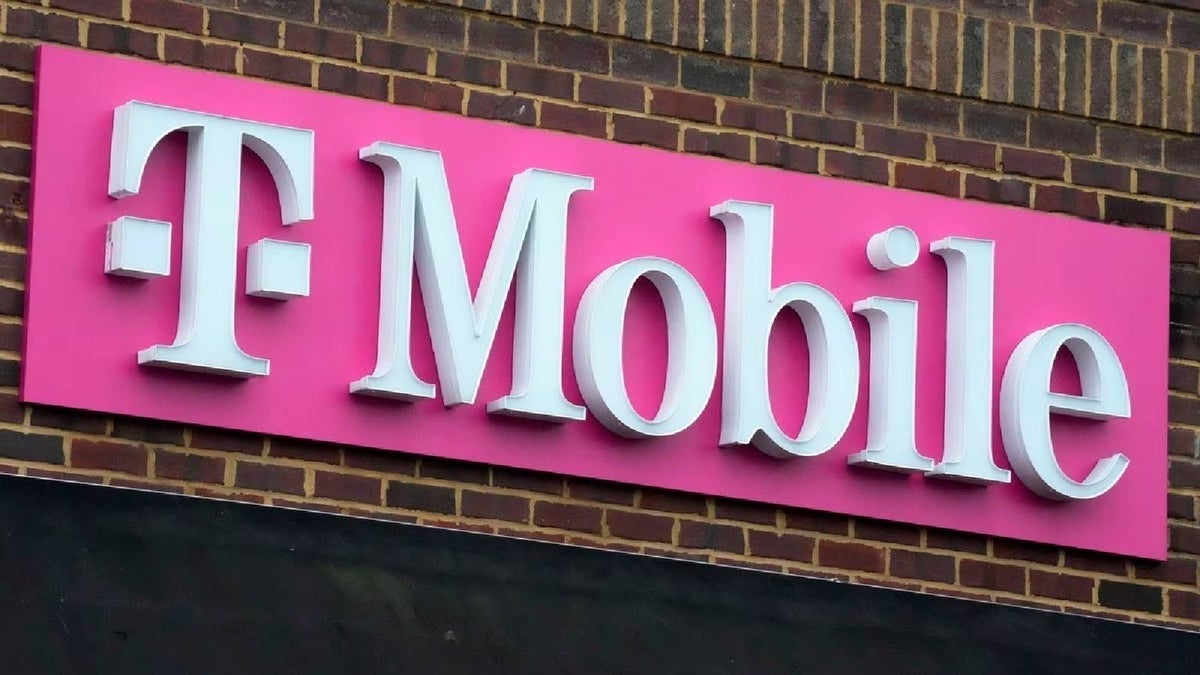Samsung Exynos 2500 Puts Qualcomm on Notice With Satellite Support
The post Samsung Exynos 2500 Puts Qualcomm on Notice With Satellite Support appeared first on Android Headlines.


Samsung phones like the Galaxy S25 Ultra support satellite messaging. This is thanks to the Qualcomm Snapdragon 8 Elite, which also supports Snapdragon Satellite. Now, it looks like Samsung is bringing satellite messaging capabilities to its Exynos chipsets, starting with the Exynos 2500.
Exynos 2500 to support satellite communications
According to a press release by Skylo, the global provider of Non-Terrestrial Network (NTN) services, the company is partnering with Samsung and announcing the satellite certification of the Exynos 2500.
Hui Won Je, VP of Modem Development Team at Samsung Electronics, says, “Samsung’s partnership with Skylo is built upon 3GPP NTN standards to unlock connectivity everywhere. Through our collaboration on the Samsung Exynos Modem 5400 and the Exynos 2500 mobile processor, mainstream devices worldwide will now have the underlying technology to connect to satellites wherever cellular networks are unavailable, ushering in a new era of ubiquitous connectivity.”
This means that if you find yourself without cellular coverage and need to send an emergency SOS or message, you can if your phone is powered by the Exynos 2500 chipset. Obviously, we hope that no one ever finds themselves in that situation. However, if you do, it’s good to know that the Exynos 2500 supports it.
Which phones will use the new chip?
Samsung revealed the name of the Exynos 2500 chipset last year. However, it has yet to make its official debut. The chipset is rumored to be used in Samsung’s upcoming foldable, the Samsung Galaxy Z Flip 7. The Fold 7 is rumored to use the Snapdragon 8 Elite, so we are curious about how the Exynos chipset will fare against Qualcomm’s beast of a flagship.
The Exynos 2500 is also the first 3nm chip from Samsung that was designed for smartphones. There were rumors that it could debut with the Galaxy S25. However, poor yields forced Samsung to turn to Qualcomm for its chipsets. We’re not sure if this means that future Samsung flagships could turn to the company’s in-house chips. So, we’ll have to wait and see how the Exynos 2500 stacks up against the competition first.
If that’s the case, Qualcomm is facing some pretty stiff competition. The company already has to go up against MediaTek, which has been catching up pretty quickly. Also, let’s not forget that Google ditched Qualcomm in favor of its own custom chipsets. Plus, Xiaomi is also working on chipsets of its own, too.
The post Samsung Exynos 2500 Puts Qualcomm on Notice With Satellite Support appeared first on Android Headlines.








































































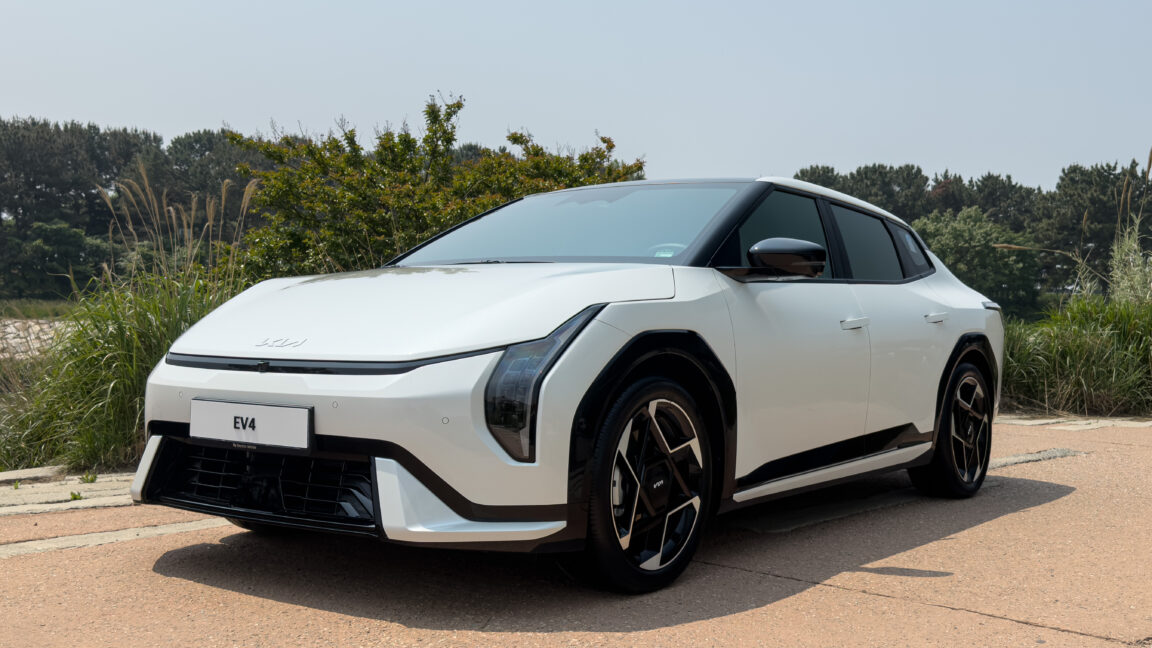






































































































![[The AI Show Episode 153]: OpenAI Releases o3-Pro, Disney Sues Midjourney, Altman: “Gentle Singularity” Is Here, AI and Jobs & News Sites Getting Crushed by AI Search](https://www.marketingaiinstitute.com/hubfs/ep%20153%20cover.png)













































































































































































.png?width=1920&height=1920&fit=bounds&quality=70&format=jpg&auto=webp#)













































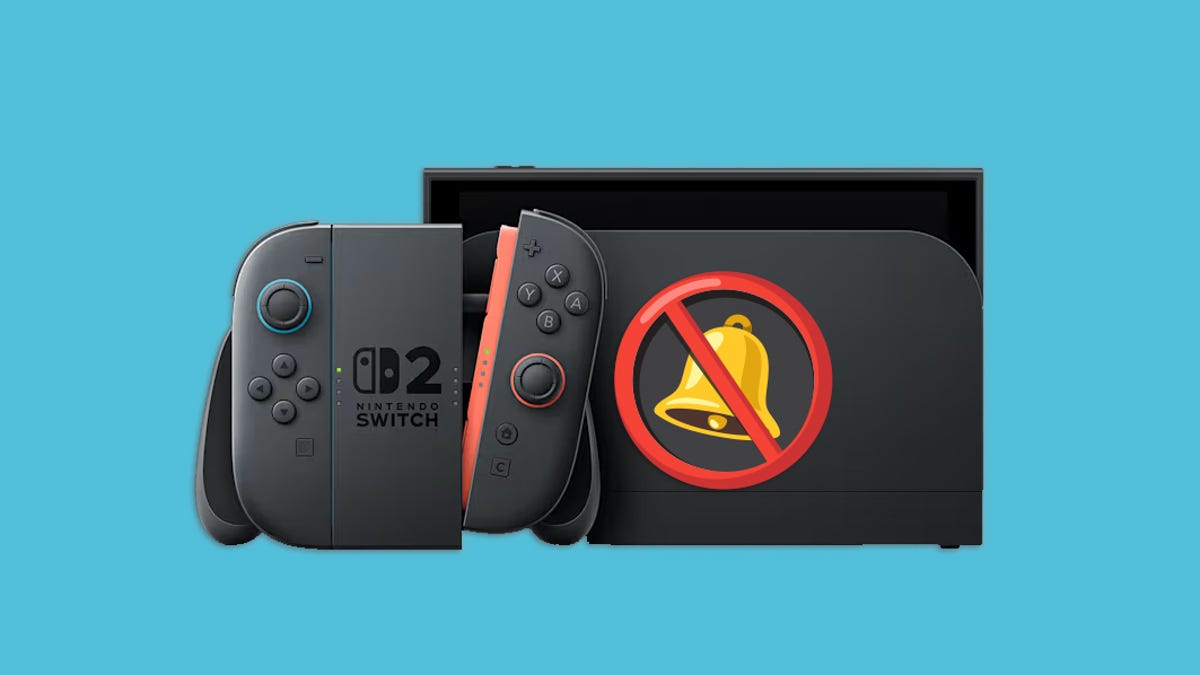














.jpg?#)


























_Alexander-Yakimov_Alamy.jpg?width=1280&auto=webp&quality=80&disable=upscale#)
_Zoonar_GmbH_Alamy.jpg?width=1280&auto=webp&quality=80&disable=upscale#)





























































































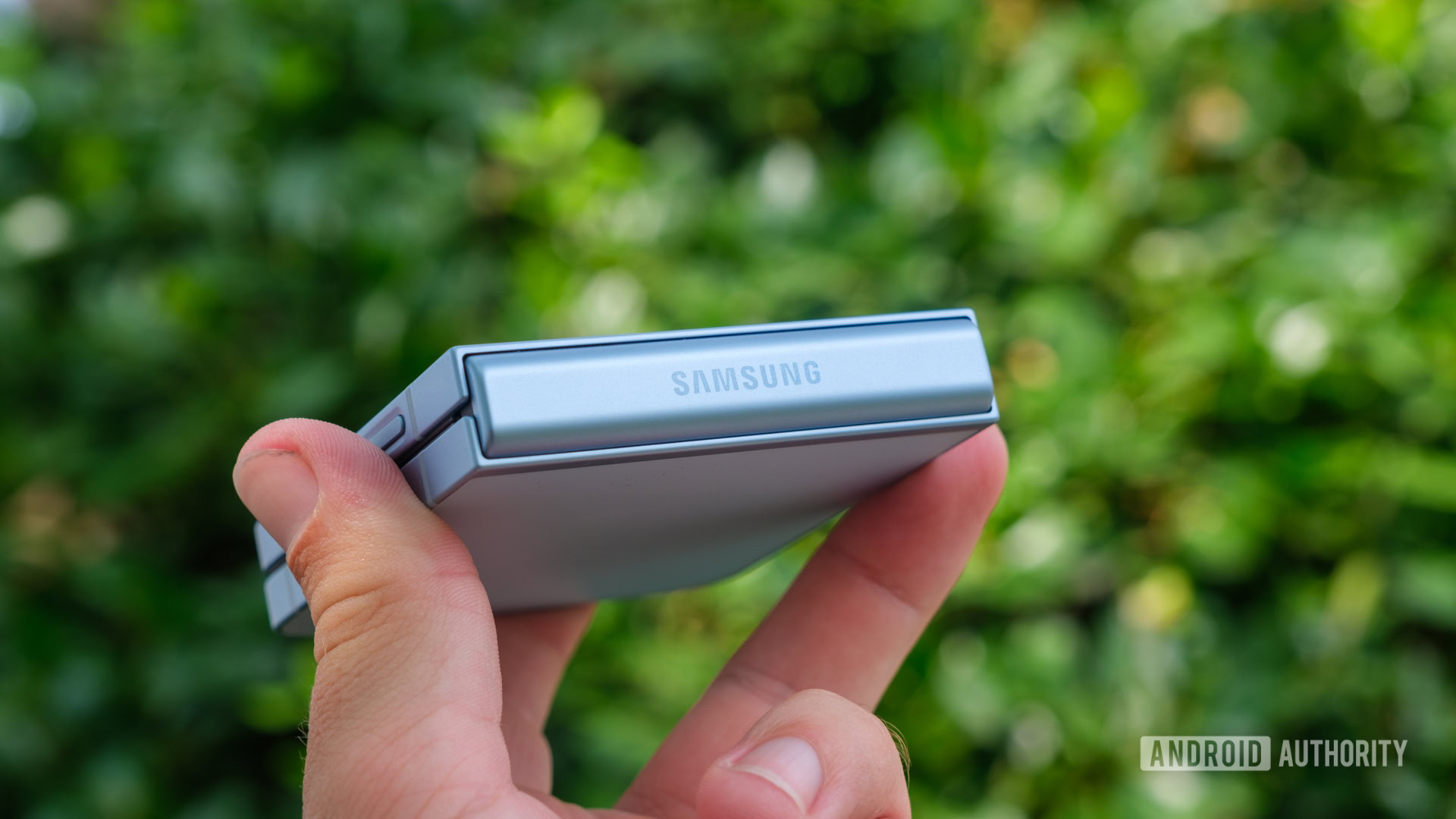



![Meta AI app ‘a privacy disaster’ as chats unknowingly made public [U: Warning added]](https://i0.wp.com/9to5mac.com/wp-content/uploads/sites/6/2025/06/Meta-AI-app-a-privacy-disaster-as-chats-inadvertently-made-public.jpg?resize=1200%2C628&quality=82&strip=all&ssl=1)

![OnePlus Pad Lite officially teased just as its specs leak [Gallery]](https://i0.wp.com/9to5google.com/wp-content/uploads/sites/4/2025/06/oneplus-nord-pad-lite-lineup-1.jpg?resize=1200%2C628&quality=82&strip=all&ssl=1)














![AirPods Pro 3 Not Launching Until 2026 [Pu]](https://www.iclarified.com/images/news/97620/97620/97620-640.jpg)
![Apple Releases First Beta of iOS 18.6 and iPadOS 18.6 to Developers [Download]](https://www.iclarified.com/images/news/97626/97626/97626-640.jpg)
![Apple Seeds watchOS 11.6 Beta to Developers [Download]](https://www.iclarified.com/images/news/97627/97627/97627-640.jpg)
![Apple Seeds tvOS 18.6 Beta to Developers [Download]](https://www.iclarified.com/images/news/97628/97628/97628-640.jpg)

















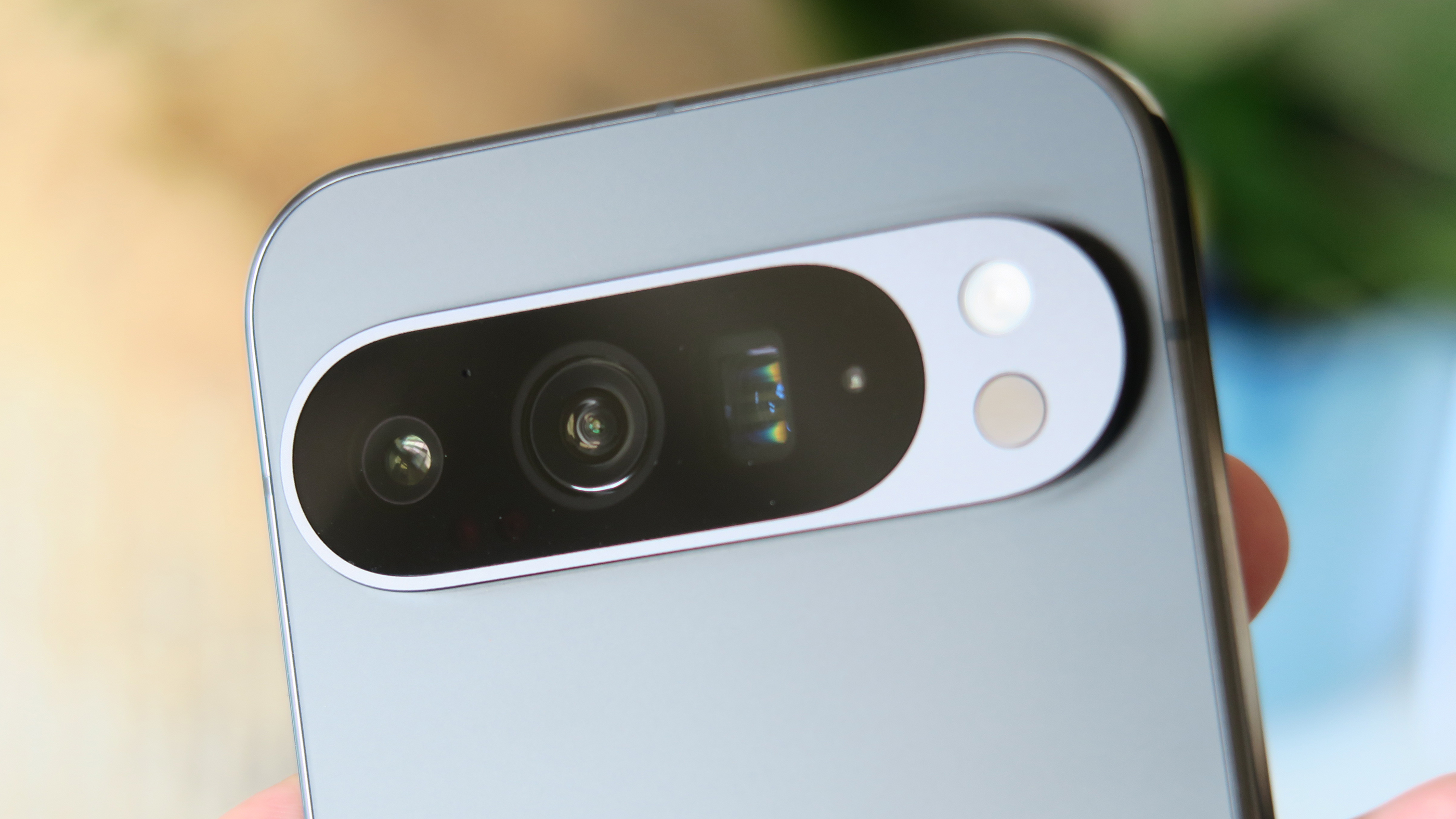



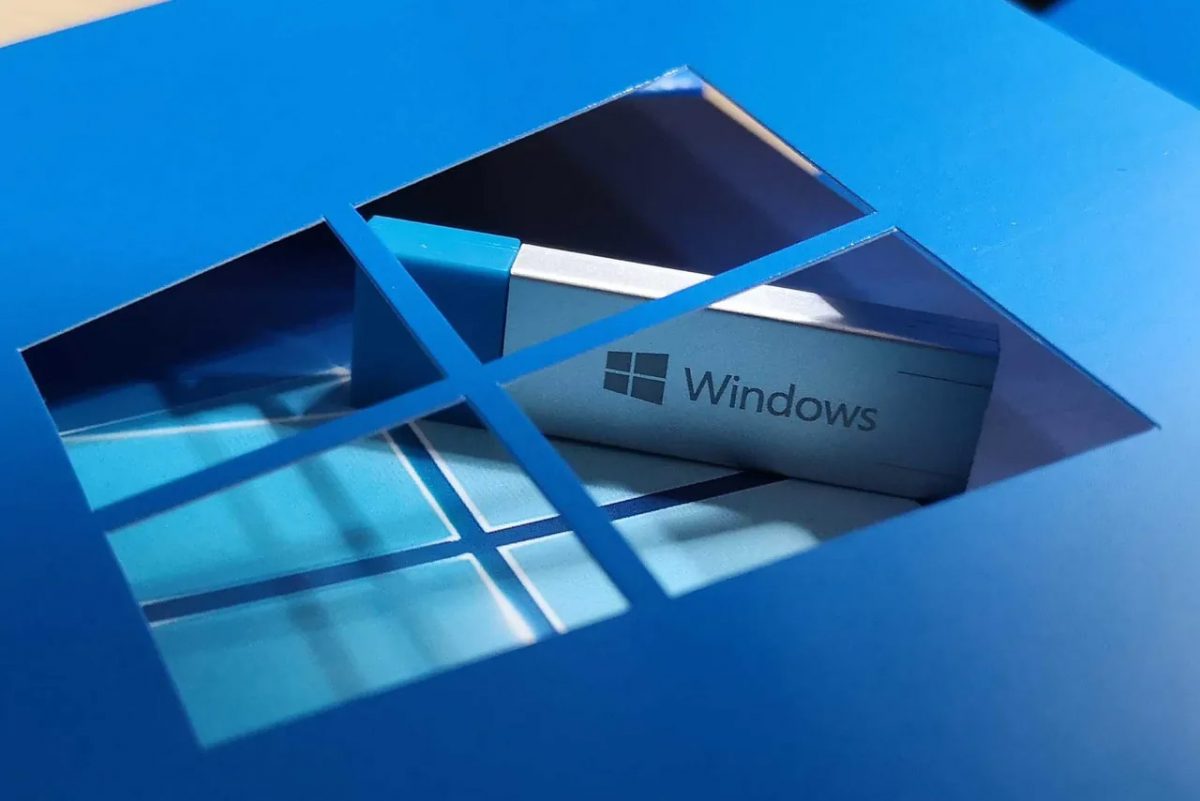



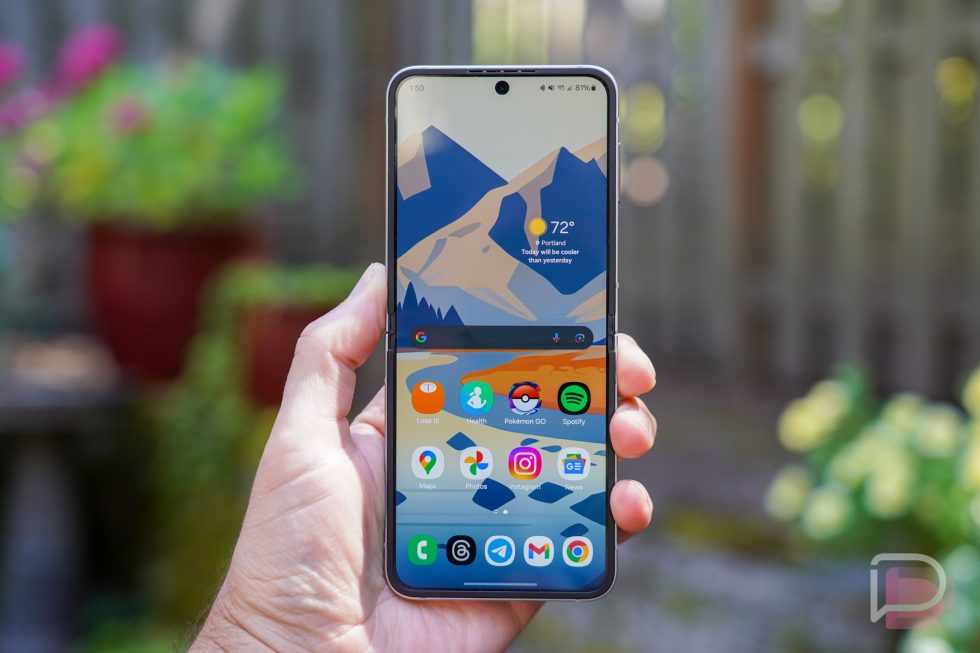






















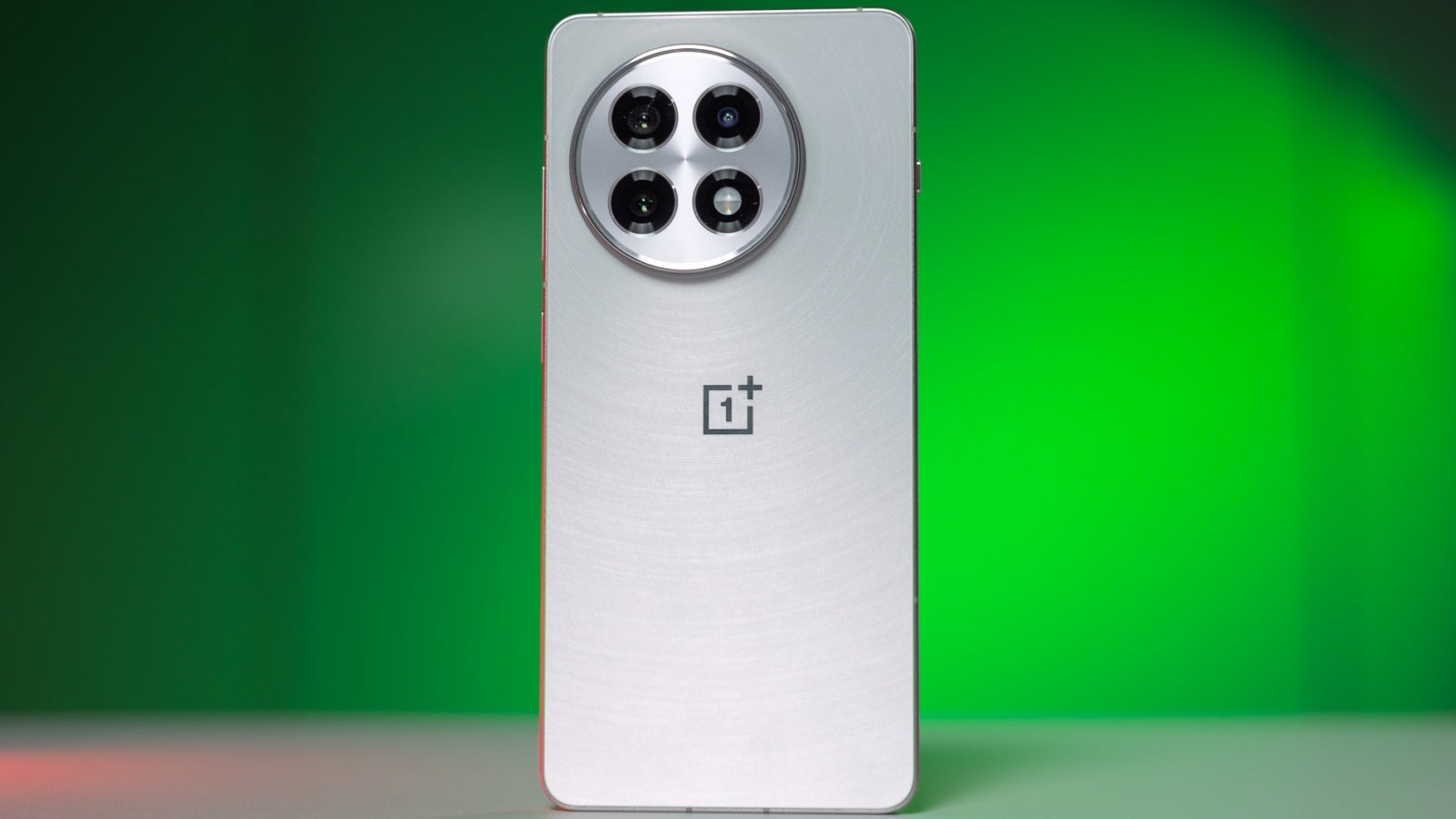
![Nothing Phone (3) may debut with a "flagship" chip – just not the flagship-est one [UPDATED]](https://m-cdn.phonearena.com/images/article/171412-two/Nothing-Phone-3-may-debut-with-a-flagship-chip--just-not-the-flagship-est-one-UPDATED.jpg?#)
